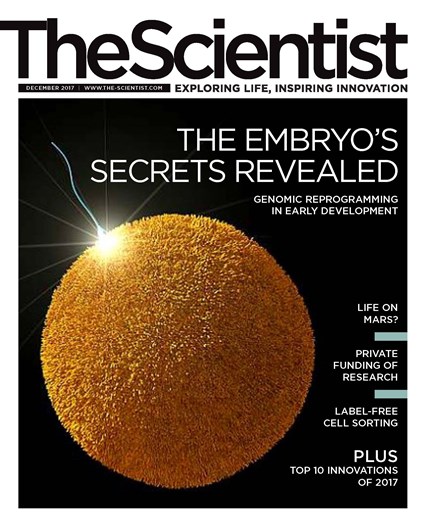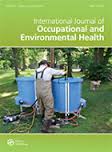
The new year will bring a sixth retraction for food scientist Brian Wansink, whose work has been under fire for all of 2017.
Although the notice has not yet been released, the journal Appetite plans to retract a 2003 paper about the different forces that motivate people to try new foods (referring, in this specific context, to soy).
It’s unclear why “Profiling taste-motivated segments” is being retracted (we asked the journal, but haven’t immediately heard back); some potential issues were flagged in March by Nick Brown, a PhD student who has devoted hundreds of hours to analyzing Wansink’s work (and forwarded us the email from Appetite confirming the upcoming retraction).
For instance, Brown alleged the article contains duplicated material, and similarities to the results from another 2002 paper that also measured soy consumption. After analyzing those two papers and a 2004 paper (also about eating soy), Brown concluded:
Continue reading Another retraction to appear for Cornell food scientist Brian Wansink



 It’s time for the “Best of 2017” lists to start appearing — so why not do one for retractions? We think it’s a good idea, so have partnered with The Scientist for the
It’s time for the “Best of 2017” lists to start appearing — so why not do one for retractions? We think it’s a good idea, so have partnered with The Scientist for the 




 The U.S. National Institutes of Health has noticed something: More of the research it’s funding is ending up in questionable journals. Recently, the agency
The U.S. National Institutes of Health has noticed something: More of the research it’s funding is ending up in questionable journals. Recently, the agency  The presence of allegedly obvious manipulations in
The presence of allegedly obvious manipulations in  After the editorial board of a public health journal
After the editorial board of a public health journal